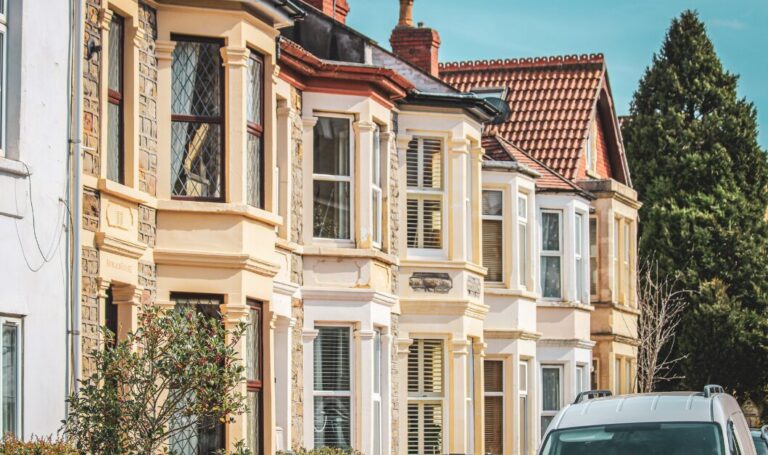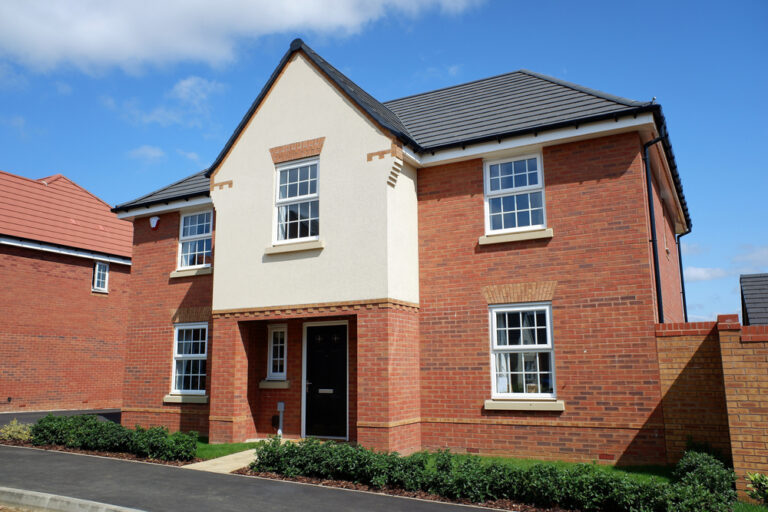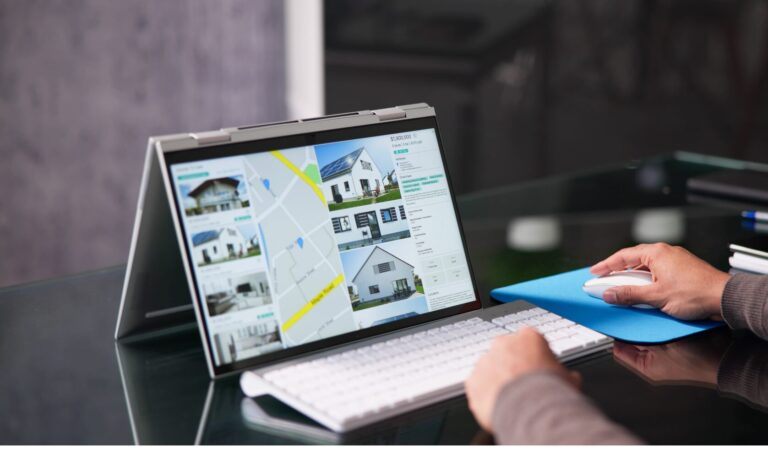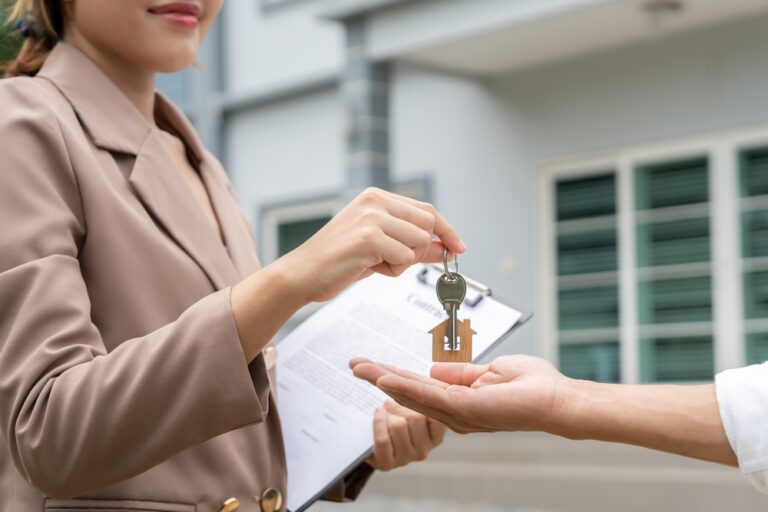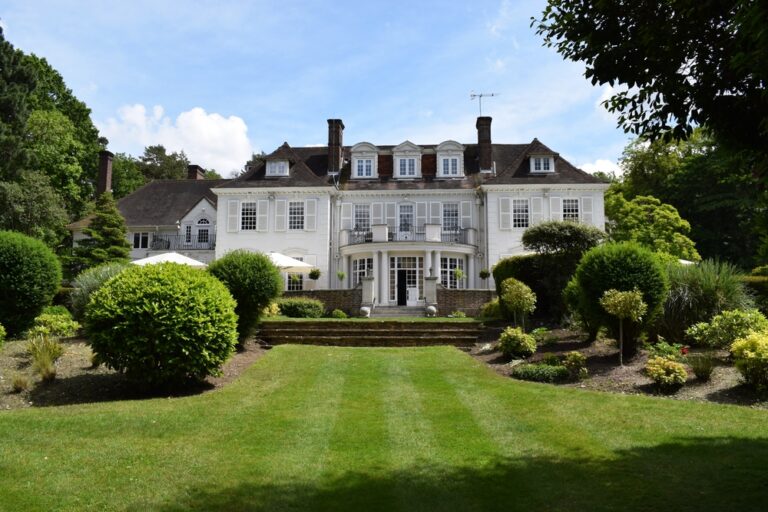Paying back the mortgage can, for some, be an exciting prospect. There is no doubt that owning an unencumbered property – and knowing that you owe nothing to the bank – gives you a special kind of peace of mind.
When working with clients, I like to explore the idea of paying down a mortgage over time (traditionally more like repaying a mortgage, as you would on your own home) over using leverage and raising money against the value of a property.
In this article, I’d like to discuss both ideas so that you can consider which is best suited to your personal situation.
For example, with an ‘Interest Only’ mortgage, you have more control of the cash flow and can therefore decide what happens to the excess profit after all expenses, thereby giving you the option to save chunks of money to either pay off your mortgages, or use these extra funds to buy more property. This is a very personal decision, and one only you can make. Nevertheless, you must ensure you can repay the sum at the end of the term.
The main advantage of raising a mortgage to buy a property is that it makes your funds go further. If we had not used leverage as much as we have, we would never have been able to build the portfolio we own today. 15 to 20 years ago, mortgages of 85% LTV were commonplace and meant that you did not have to have a huge amount of money of your own to put into a deal.
Fast forward to now, and a typical deposit amount of 25% means that you can only raise 75% LTV mortgages. This move by lenders has been made primarily to safeguard themselves against sharp drops in the market, thereby protecting against high levels of risk as seen in the credit crunch years.
Whilst there is logic in this (even with lenders introducing more criteria to mitigate interest rate rises and affordability issues) there is still a lot of sense in using the power of leverage to build your portfolio.
The idea is that if you had £100,000 to work with, then you have different options open to you.
- Use all of it to buy one fully unencumbered property
- Split the pot and buy two properties with 50% LTV funding
- Split the pot four ways, using cash to fund 4 x deposits, leveraging the rest at 75% (in basic terms, of course, and based on Interest Only mortgages)
- And many more permutations!
Let’s see what effect this would have:
- 1 x £100,000 property = Portfolio Value of £100,000 (No borrowing)
- 2 x £100,000 properties = Portfolio Value of £200,000 (Borrowing of £100,000)
- 4 x £100,000 properties = Portfolio Value of £400,000 (Borrowing of £300,000)
It is clear to see that leverage therefore gives you much more buying power.
If the market were to double over the next, let’s say 15 years, then your portfolio values would look as follows:
- 1 x £100,000 property = Portfolio Value of £200,000
- 2 x £100,000 properties = Portfolio Value of £400,000
- 4 x £100,000 properties = Portfolio Value of £800,000
You can already see that by maximising the power of leverage, your Net Worth would increase from £200,000 if you had bought in cash, to £500,000 if you had used a simple 75% LTV strategy and had not increased your mortgages at any point.
The logic of paying down your mortgages, or exposing yourself only to lower LTV mortgages, makes sense if you are particularly risk averse. This may be because you are approaching retirement age or you have built your portfolio to a certain level and now want to pay down the loans and increase your cash flow.
In essence, if you have time on your side and you want to go for a fairly aggressive approach to building your business, then it can make a lot of sense to work with finance to achieve this. It is what we have done and it has paid dividends to have done so over the last 15 years.
You can also start to be really creative with the power of leverage. For example, by buying properties for cash, adding value and then refinancing and aiming to bring most or all of your original money back out. Doing this facilitates the ability to grow your business exponentially.
I will caveat the above by adding the need to approach everything you do with caution, a good understanding of the numbers involved as well as going into each and every property purchase with your eyes wide open, and having done the right research and due diligence yourself, naturally!
If you’d like to join the conversation, feel free to come aboard my new and exclusive Facebook Group ‘The Property Collective’ which is a thriving and inspiring community of like-minded property enthusiasts who are all contributing to each other’s property journey in a really constructive way. Click here to join us now… 🙂
Look forward to seeing you there!
Hazel
Hazel de Kloe
Property Investor | Property Mentor | Speaker | Author
The contents of this article are for educational purposes only and we make no recommendation of any particular property purchase. The price of property can decrease as well as increase and you make any purchases of property at your own risk.
© Why Property Works 2017 | www.whypropertyworks.co.uk

